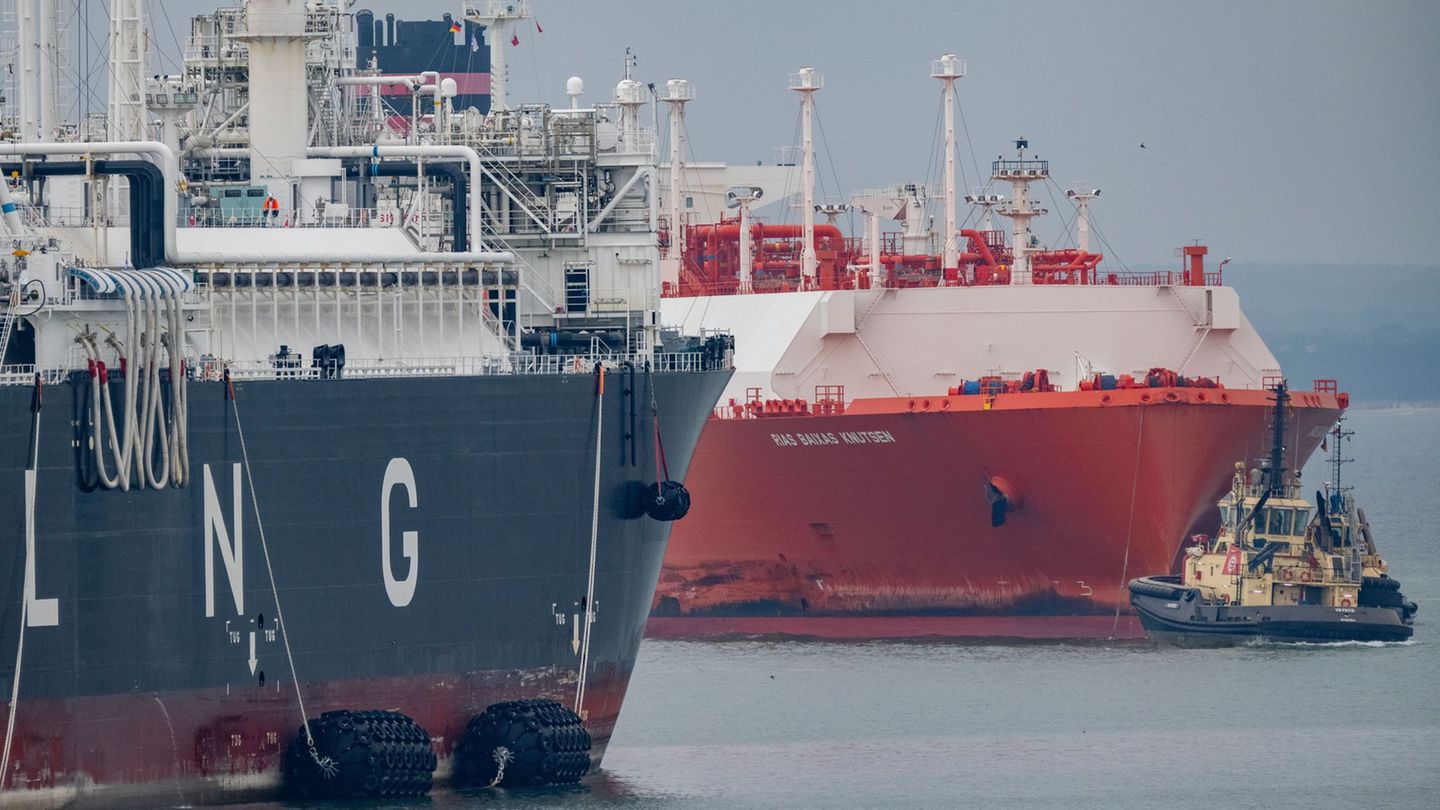Menu
Energy: EU imported Russian LNG worth 4.5 billion euros
Categories
Most Read
Donald Trump guaranteed Lula da Silva a future trade agreement between the US and Brazil
October 27, 2025
No Comments
The Government approved the Digest of National Valuation Standards
October 27, 2025
No Comments
Gas storage facilities in Germany: How well filled are they?
October 27, 2025
No Comments
Double taxation on pensions: Why does it exist and who is affected?
October 27, 2025
No Comments
Discount with pension card: You get these discounts
October 27, 2025
No Comments
Latest Posts

Franco Colapinto’s fight with Alpine after the Mexican Formula 1 Grand Prix: “It can’t get worse”
October 27, 2025
No Comments
The Argentine pilot Franco Colapinto demonstrated his disagreement with his performance in the Mexican Grand Prixin which he took his Alpine to the 16th placebelieving

Taxes: why simplicity and fairness must be the new tax contract
October 27, 2025
No Comments
Argentina needs a tax reform that complies with a transparent, agile and predictable processwhich releases productive resources and strengthens the relationship of trust between taxpayers

Lissa Vera spoke about Lourdes’ statement: “She is angry with me, it’s what I expected”
October 27, 2025
No Comments
October 27, 2025 – 10:20 Vera stressed that she is calm that Lourdes has declared in the statement that she wants to sing again and
24 Hours Worlds is a comprehensive source of instant world current affairs, offering up-to-the-minute coverage of breaking news and events from around the globe. With a team of experienced journalists and experts on hand 24/7.

